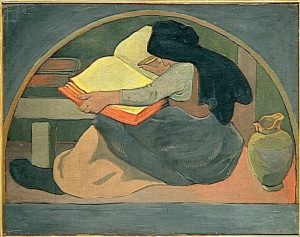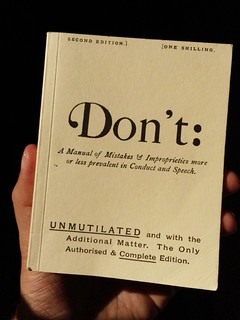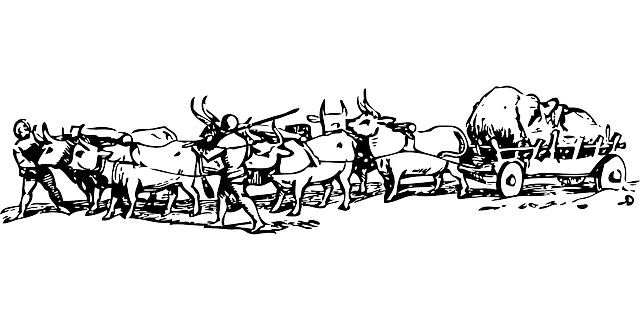Three historical princesses and six fictional ones, in no other order!

First up, Princess Elisabeth of Hesse and by Rhine, subsequently Grand Duchess Elizabeth Feodorovna, subsequently (posthumously) Holy Martyr Elizabeth Feodorovna Romanova.
Born a princess in humble circumstances (inasmuch as a princess can be in humble circumstances), she married a Russian Grand Duke, forgave the man who assassinated him, sold all she owned to found a convent of nuns dedicated to serving the poor, and was then assassinated by the Bolsheviks. A remarkable woman.
But if you think her life is remarkable, consider her niece (and god-daughter), Princess Alice of Battenberg.
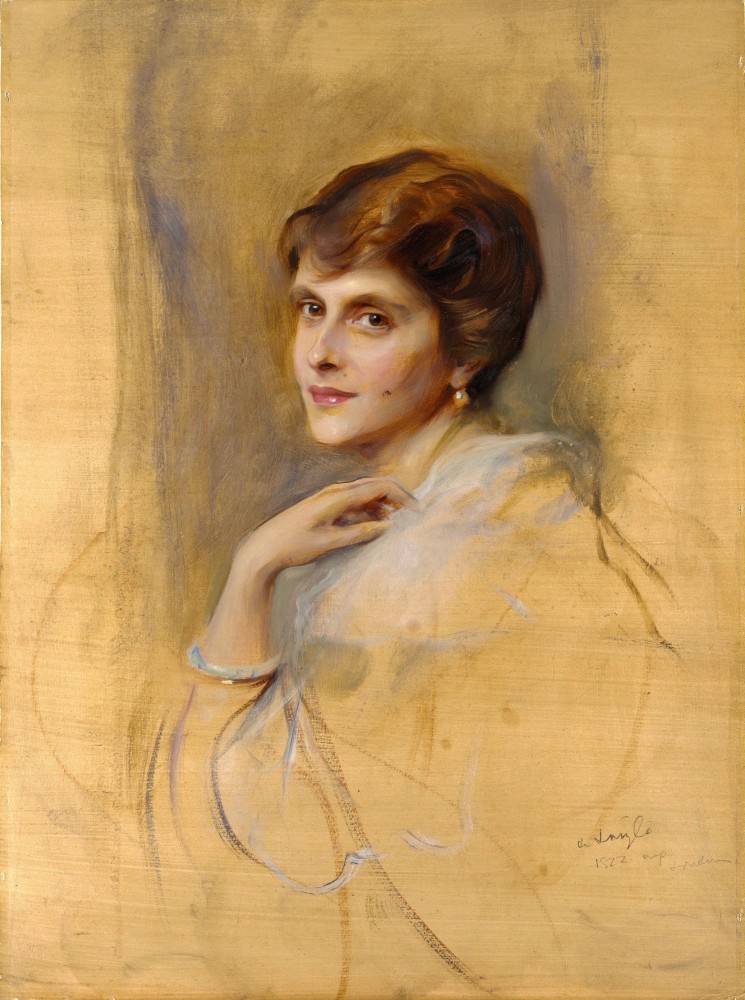
Born deaf, she was polylingual despite having to lip-read. Born a princess, married a prince, served as a nurse in the Balkan Wars, went into exile following World War I, had five children, sheltered Jewish refugees during World War II, struggled with mental health problems, served the poor, became a nun, and became mother-in-law to Princess Elizabeth (now Queen Elizabeth II).
Agnes of Bohemia was born to be a pawn, a useful nugget of negotiation to be married off in whatever way her father found most profitable. First she was engaged to the son of the Holy Roman Emperor (she was eight, he was ten). Six years later the engagement was dissolved and her father planned to marry her off to Henry III of England – but the Emperor refused to allow it, as he wanted to marry her himself. Yes, the same Emperor whose son she’d been engaged to.

But Agnes had other plans: she flatly refused to marry anyone at all. This could have been war – in fact, she had to call on the pope to back her up. But the Emperor caved: “If she had left me for a mortal man, I would have taken vengeance with the sword, but I cannot take offence because in preference to me she has chosen the King of Heaven.” She went on to found a double monastery and hospital providing free care for the poor – work she did with her own royal hands.
Éowyn is the first of our fictional princesses, first introduced in The Two Towers. She is a shieldmaiden and for a time Regent of Rohan, thanks to Háma who points out that the king has a second surviving relative and “she is fearless and high-hearted. All love her. Let her be as lord”. She also goes defiantly into battle (despite her uncle’s objections), defending said uncle from the Witch-King of Angmar. “You stand between me and my lord and kin. Begone, if you be not deathless! For living or dark undead, I will smite you, if you touch him.” (Hear, hear!) After recovering from her war-wounds she retires from shieldmaidening and marries Faramir, becoming Lady of Ithilien.
 Royesse Iselle is the second-in-line to the throne of Chalion in The Curse of Chalion (top on my list of I Wish I’d Written That), behind her older half-brother the roya (i.e. king) and her younger brother the royse (i.e. prince). She too lives with the threat of a most unwelcome arranged marriage, but with the aid of those loyal to her and her own indomitable spirit, she decides her own path.
Royesse Iselle is the second-in-line to the throne of Chalion in The Curse of Chalion (top on my list of I Wish I’d Written That), behind her older half-brother the roya (i.e. king) and her younger brother the royse (i.e. prince). She too lives with the threat of a most unwelcome arranged marriage, but with the aid of those loyal to her and her own indomitable spirit, she decides her own path.
Princess Ben (from the book of the same name by Catherine Gilbert Murdock), or, to give her her full name, Princess Benevolence, is a lonely orphan being raised by a most controlling aunt. She finds a chance to learn magic – and sooner or later you know she’s going to end up saving the world. But she’s a nice, sensible, relatable princess, for all that, with a witty tongue in her head, for all she daren’t use it.
Speaking of relatable princesses, there is the Little Princess, Sara Crewe. Not, perhaps, strictly speaking, a real princess, but it takes a lot of inner strength to carry on living up to the standards of princesshood when you don’t enjoy any of the advantages, which makes her a princess for the unroyal of us. As Julie Andrews said, “Behaving like a princess is work. It’s not just about looking beautiful or wearing a crown. It’s more about how you are inside.”

Diana Wynne Jones’ novel Castle in the Air is replete with princesses – dozens of them – but my favourite has to be Princess Beatrice. She’s a brisk and hearty princess, a natural leader, but prouder of her practical skills such as darning socks and even mending boots. She runs away to avoid a political marriage, but the book ends with her marrying herself off – for her own ends.
Last – and I’m sure this is no surprise – is Princess Lily of Arcelia. Like Éowyn, Ben and Sara, she is an orphan, and like Ben, she has a rather controlling aunt who has very definite ideas about what kind of young lady she ought to be. Driven by a genuine passion for her land and its people, Lily follows her duty even when it leads to rebellion. Running away from home at the tender age of eighteen-next-week, Lily has to grow up fast. I must admit to being rather fond of Lily. Despite her mistakes – and she makes some so bad I flinch for her – she perseveres, she does her best, and she learns.
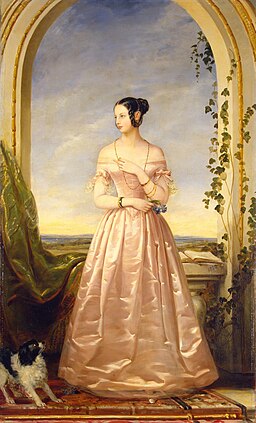 Who is your favourite princess – real or imaginary? Tell us all about her in the comments!
Who is your favourite princess – real or imaginary? Tell us all about her in the comments!

